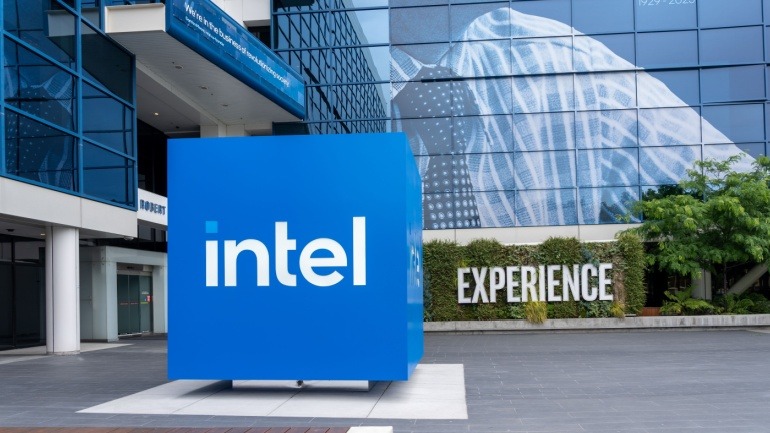In a collaborative effort organized by the National Institute of Information and Communications Technology (NICT), major Japanese companies DoCoMo, NTT, Sky Perfect JSAT, and Space Compass are set to pioneer direct-to-device (D2D) services utilizing flying base stations.
While Japan may appear as a technological powerhouse, the initiative aims to address the unique challenges posed by the country’s geography—an archipelago of 260 inhabited islands susceptible to earthquakes, tsunamis, and flooding. The joint press release from the companies emphasizes the potential applications, including disaster communications, connectivity for ships and drones, and communication in remote areas such as islands and mountains.
Space Compass, a joint venture between NTT and JSAT specializing in non-terrestrial networking (NTN) and orbital data centers, will coordinate the project. With plans to launch a commercial HAPS service in Japan in fiscal 2025, Space Compass is positioned to take a leading role in defining network service requirements and evaluating project demonstrations.
The project is divided into two phases. Phase 1 focuses on early commercialization, overcoming technical complexities of HAPS-based D2D connectivity, and conducting demonstrations using a HAPS positioned in the stratosphere over Japan. In Phase 2, the emphasis shifts to research and development, preparing HAPS for future 6G use cases through performance improvements.
DoCoMo will contribute by developing HAPS-equipped base stations for mobile communications, with a focus on maximizing service-link efficiency and capacity. NTT will concentrate on developing control technology for the HAPS feeder link, including site diversity and transmit power control. JSAT’s role will involve exploring alternative feeder link methods, such as satellite-based backhaul, and enhancing throughput by offering additional connectivity to ground gateway stations.
While previous attempts at High-Altitude Platform System (HAPS)-based communication, including Google Loon and Meta’s Aquila programs, faced challenges, the Japanese collaboration aims to bring a resilient and disaster-ready connectivity solution. More details on the project will be unveiled at DoCoMo Open House ’24 in mid-January, offering insights into the potential applications and advancements that HAPS technology can bring to the table.







